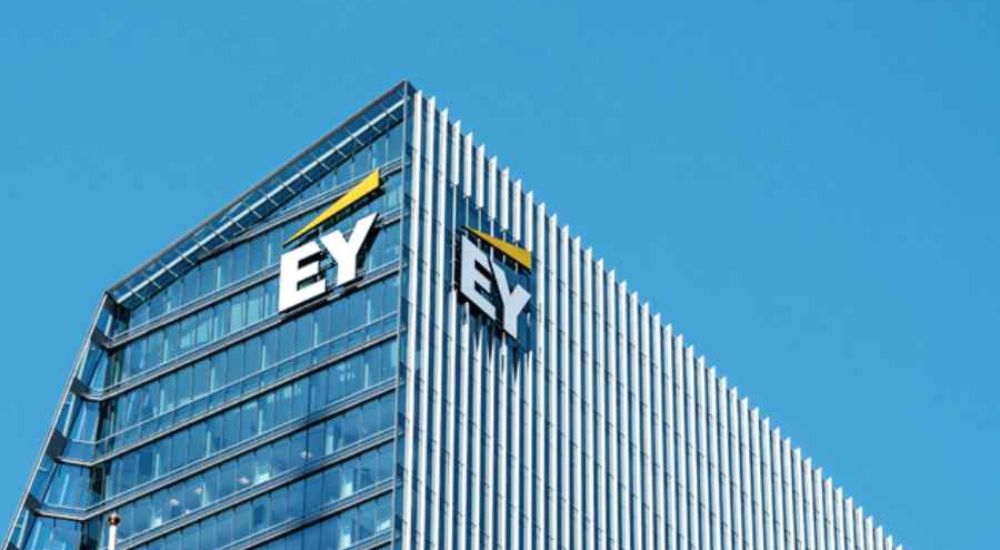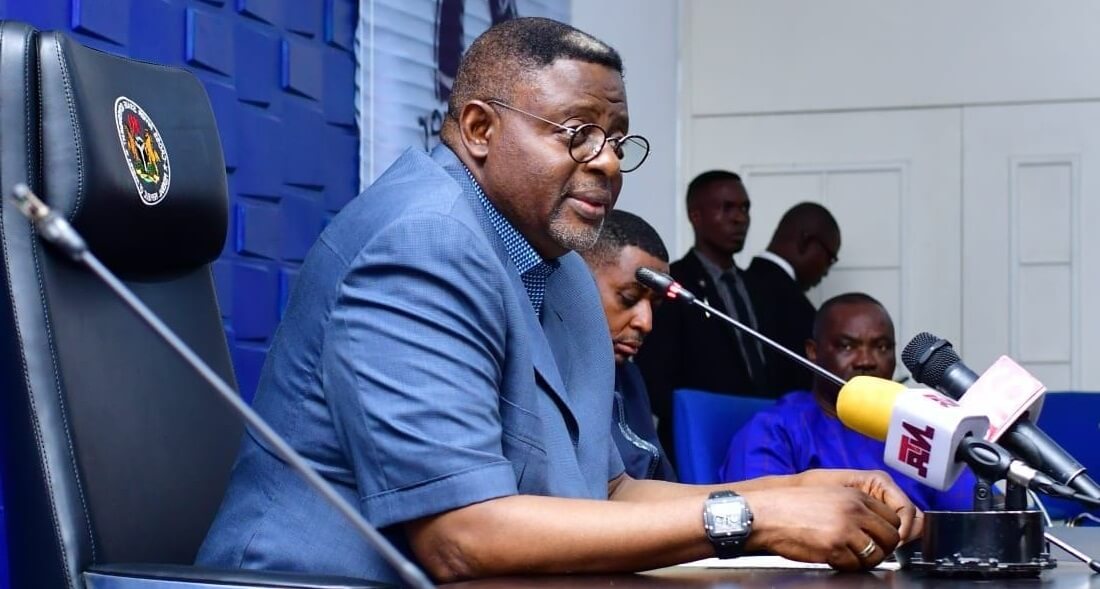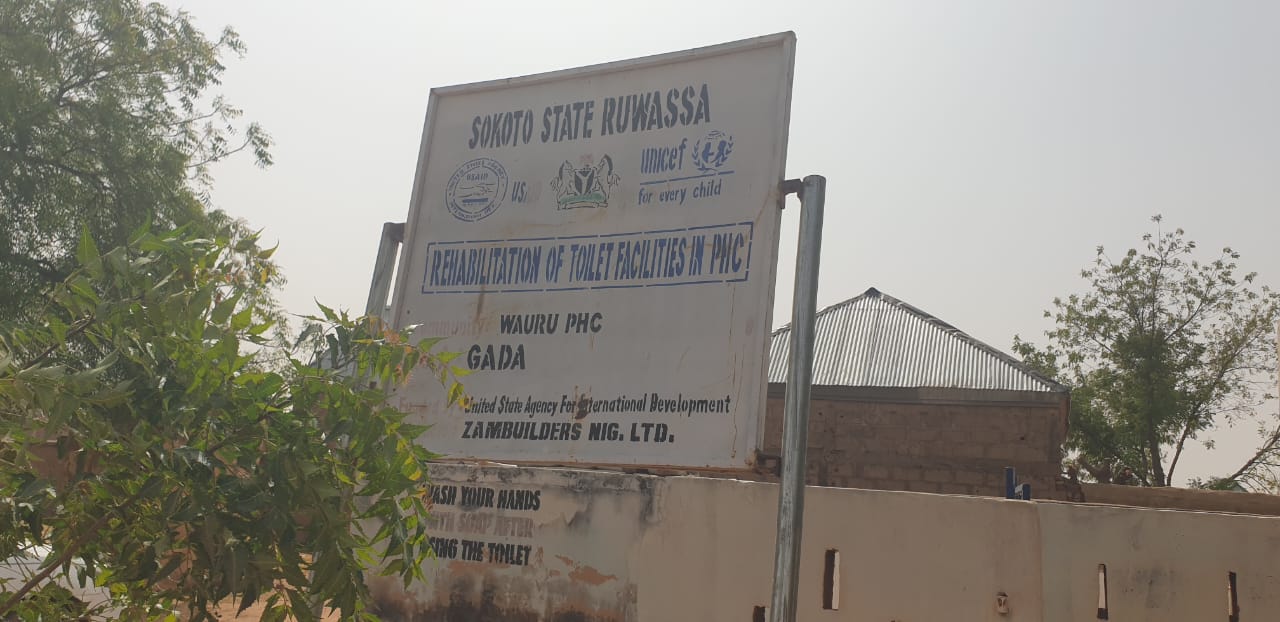CUPP Faults 2025 Budget, Alleges Corruption

The Coalition of United Political Parties (CUPP) has criticised the 2025 Appropriation Act, describing it as a glaring example of mismanagement, fiscal irresponsibility, and entrenched corruption in Nigeria’s budgeting process.
Speaking in Abuja on Thursday, Chief Peter Ameh, the National Secretary of CUPP, alleged that the budget is riddled with duplicated projects, misplaced priorities, and financial anomalies that threaten national development.
“A cursory examination of its pages reveals a chaotic mishmash of misaligned projects, duplicated expenditures, and outright absurdities that bear little relevance to the mandates of the ministries tasked with their execution,” Ameh said.
He cited instances such as the Ministry of Agriculture allegedly funding hairdresser training and the Ministry of Foreign Affairs allocating money for relief items for internally displaced persons (IDPs) — functions that fall well outside the core mandates of those ministries.
“Projects such as classroom repairs, solar streetlights, civic centres, stadiums, hairdresser training, and interlocking stone installation in markets appear under the Ministry of Agriculture—whose core focus should be food security and agricultural development,” he noted.
Ameh described the misallocations as “reckless spending that undermines Nigeria’s progress”, highlighting a specific case in which N100m was budgeted for hairdresser training at a time when food inflation nears 30%.
The CUPP also pointed to numerous instances of budget duplication and inflation. According to Ameh, the Ministry of Arts and Culture included the “renovation and furnishing of artist hostels in Abuja” six times under the same budget code, with identical amounts—raising concerns about deliberate duplication for illicit financial gain.
“These are not clerical errors. They represent systemic manipulation designed to extract public funds under the radar,” he asserted.
Further scrutiny was directed at the Office of the Secretary to the Government of the Federation, which reportedly budgeted ₦800m for “honorarium and sitting allowances” and ₦150m to furnish homes of royal fathers in Gombe State.
CUPP labelled these as “frivolous constituency projects” inserted without connection to strategic national objectives.
“The very architecture of this budget is designed to serve political patronage, not public interest,” Ameh said.
“It reflects a dangerous trend where individual insertions by lawmakers and powerful bureaucrats override rational national planning.”
One of the more alarming allocations, according to CUPP, was N300m earmarked by the Ministry of Foreign Affairs for providing relief to IDPs and “capacity development”.
Ameh argued that such responsibilities squarely belong to the Ministry of Humanitarian Affairs or the Ministry of Interior.
“Why are ministries operating outside their mandates?” he asked. “The answer lies in the budget’s structure, which prioritises personal and political interests over clear, coordinated development goals.”
The coalition warned of growing misuse of vaguely defined “cash grants”, with some allocations as high as ₦300m, often executed outside the supervision of the appropriate ministries.
CUPP described the trend as a “budgetary black hole” where funds are moved with little oversight or accountability.
CUPP demanded a comprehensive overhaul of the national budget process, calling for stricter legislative scrutiny, alignment with ministerial mandates, and greater transparency in public finance management.
“Until Nigeria adopts a budget system driven by strategic planning, professional integrity, and public accountability, the nation will continue to lurch from one fiscal crisis to another,” Ameh warned.
The coalition urged civil society groups, media organisations, and anti-corruption agencies to play a more active role in monitoring the implementation of the 2025 budget and exposing financial irregularities.
CUPP Faults 2025 Budget, Alleges Corruption is first published on The Whistler Newspaper





